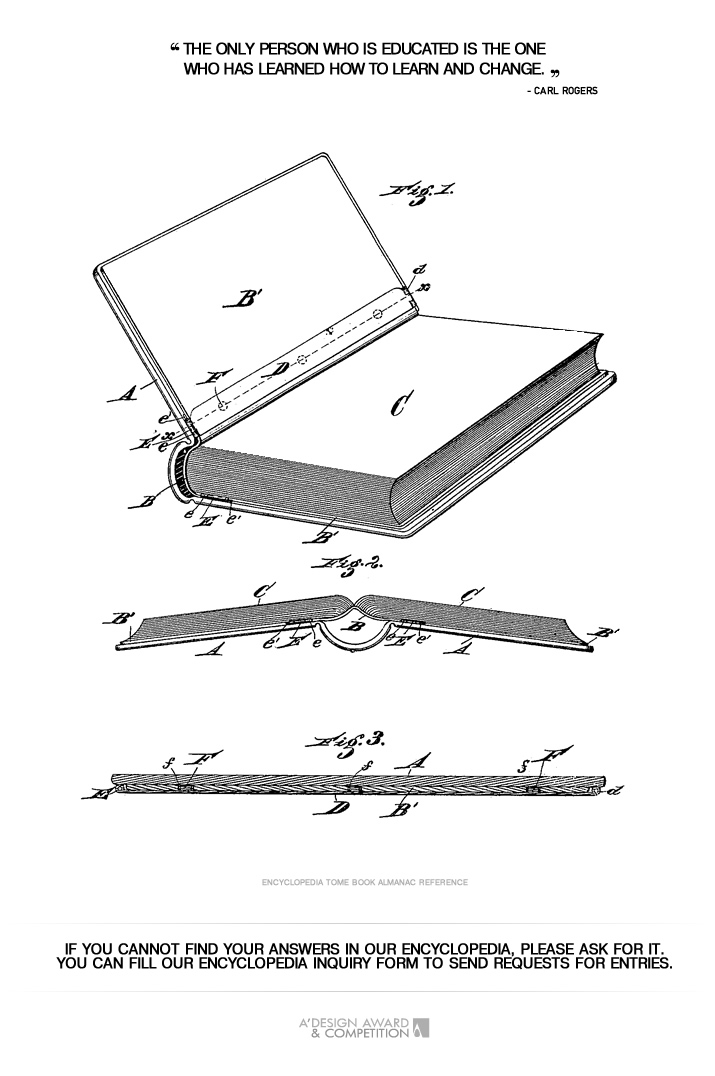
| THE AWARD |
| CATEGORIES |
| REGISTRATION |
| SUBMIT YOUR WORK |
| ENTRY INSTRUCTIONS |
| TERMS & CONDITIONS |
| PUBLICATIONS |
| DATES & FEES |
| METHODOLOGY |
| CONTACT |
| WINNERS |
| PRESS ROOM |
| GET INVOLVED |
| DESIGN PRIZE |
| DESIGN STORE |
| THE AWARD | JURY | CATEGORIES | REGISTRATION | PRESS | WINNERS | PUBLICATIONS | ENTRY INSTRUCTIONS |
Recyclable - Entry #477521 |
Home > Design Encyclopedia > 477521 |
 Recyclable
Recyclable
Recyclable is a fundamental design characteristic and material property that enables a product or substance to be processed and repurposed into new materials or products after its initial use, contributing significantly to sustainable design practices and circular economy principles. This capability represents a crucial consideration in contemporary design methodology, where materials can be systematically collected, processed, and transformed into either the same or different products, reducing waste and environmental impact. The concept emerged prominently during the environmental movement of the 1970s but has roots in traditional resource conservation practices throughout human history. In material design, recyclability depends on various factors including chemical composition, structural integrity, and the ease of material separation, with designers increasingly incorporating these considerations into their initial product development phase. The implementation of recyclable materials in design has evolved significantly, influenced by technological advances in material science and processing capabilities, leading to innovations in both product composition and manufacturing techniques. Contemporary design approaches emphasize the importance of designing for recyclability from the outset, considering factors such as material selection, assembly methods, and end-of-life scenarios. This holistic approach has become increasingly relevant in design competitions, including the A' Design Award, where sustainable material choices and recyclability often serve as key evaluation criteria. The concept encompasses various recycling methods, including mechanical, chemical, and thermal processes, each requiring specific design considerations to ensure optimal material recovery. Designers must consider not only the technical aspects of recyclability but also user behavior, infrastructure availability, and economic viability, making it a complex yet essential aspect of responsible design practice.
Author: Lucas Reed
Keywords: sustainable materials, circular economy, material recovery, environmental design, waste reduction, resource conservation, eco-friendly manufacturing, material science
 About the Design+Encyclopedia
About the Design+EncyclopediaThe Design+Encyclopedia is a crowd-sourced reference of information on design. Unlike other crowd-sourced publications on design, the Design Encyclopedia is edited and actively monitored and publishing is only possible after review of submitted texts. Furthermore, editors of the Design Encyclopedia are mostly consisting of award winning designers who have proven their expertise in their design respective fields. Information posted at design encyclopedia is copyrighted, you are not granted a right to use the text for any commercial reasons, attribution is required. If you wish to contribute to the design encyclopedia, please first register or login to A' Design Award and then start a new design encyclopedia entry.

If you did not find your answer, please feel free to check the design encyclopedia for more entries. Alternatively, you can register and type your own definition. Learn more about A' Design Award's Design+Encyclopedia.

